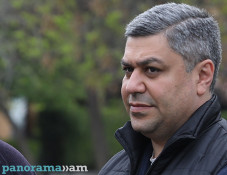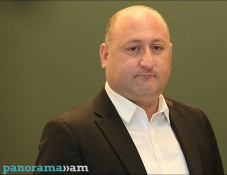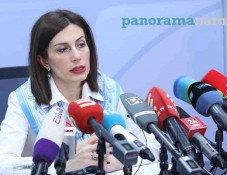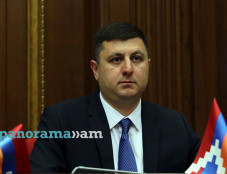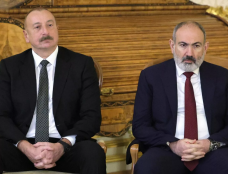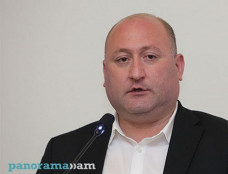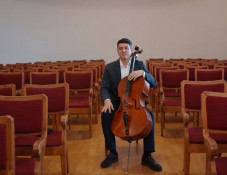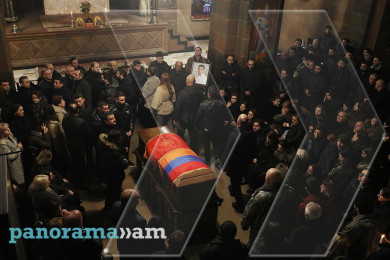A. Bakhshyan: “Establishment of Children’s ombudsmen institution in Armenia is underway”
“Under the Constitution, our state is limited to basic human and civil rights and freedoms as a directly applicable law. In this context, in 1992 Armenia ratified the UN Convention on the Rights of the Child assuming readiness to prioritize child protection issues and to include them into the national projects,” member of the Heritage parliamentary faction Anahit Bakhshyan said at the parliamentary conference of CIS, Central and Eastern Europe states on protection of the rights of vulnerable children.
The conference has been initiated by the National Assembly, UNICEF, jointly with the Inter-Parliamentary Union. Within the upcoming three days, delegates from different countries, deputies, ombudsmen, children’s rights experts and others will discuss everything directly concerning protection of children’s rights in the context of the parliament’s activities.
Mrs. Bakhshyan presented the delegates the development of the field in Armenia. Further, she reminded that in 1996, our country elaborated and adopted Children Rights law which stipulated the implementation of the Convention and our country’s commitments. However, “the lack of a comprehensive mechanism for the exercise of children’s rights in our country, just like in the whole world, was slowing down the process of complete protection of children’s rights. That’s why Armenia, just like the other Member States of the United Nations, elaborated a National Project on Protection of Children’s Rights for 2004-2015. This project aimed to introduce the new reform of the children’s rights protection field to secure the rights stipulated in the Convention,” she noted.
Besides, in 2005, under the order of Armenian Prime Minister, National Commission for Child Protection was established, as a mechanism to secure the state policy of children's rights and interests, immediately followed by opening of children’s ombudsman offices in the regions. In 2010, family, women and children protection offices were established, thus a children’s ombudsman three-level system was introduced in Armenia, including national, regional and communal levels.
"But we should emphasize that the three-level system is formal, and is not efficient, it is not a full mechanism of Children’s Ombudsman, because the system responds to the needs of the child only when the child is already in a difficult situation, while it should act as an early intervention and prevention mechanism. This is the problem and challenge for Armenia. In this respect, the National Assembly and the government as well as the international organizations and others have much to do," the MP said.
According to her, the most important role of the parliament is not only adoption of the laws and ratification of international conventions, but also adoption of mechanisms established by laws, by which the implementation of the laws is conditioned. The Parliament should pursue the establishment of the mechanism of independent monitoring of the Children’s Ombudsman implementation. And in that sense it is important that the creation and establishment of Children’s Ombudsman Institution serve as such mechanism, because: "Only in this case it will be possible to monitor the implementation of the national project of Children’s Ombudsman and to report it to the National Assembly."
By the way, the Children’s Ombudsman institution was expected to be established in Armenia in 2001, but the above mentioned three-level system was created instead, which in fact cannot be an independent mechanism for the implementation of the Convention.
Mrs. Bakhshyan added that today the establishment of this institution is already underway, it must be established within the Ombudsman's Office.
Norway is the country where the first Children's Ombudsman institution was established.
In addition to this, Mrs. Bakhshyan also presented the delegates other mechanisms of children’s ombudsman that operate in Armenia. For example, the mechanism required by the General Education law and ensuring the participation of parents, which is a contract between parents and school headmaster, which exactly stipulates the rights of the child, etc.
Newsfeed
Videos





